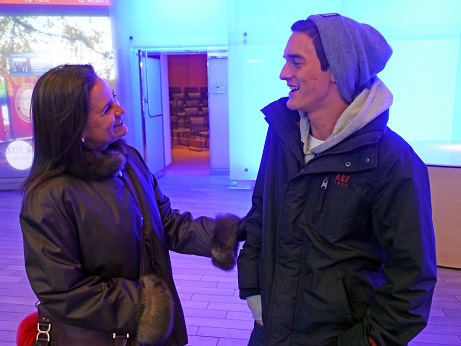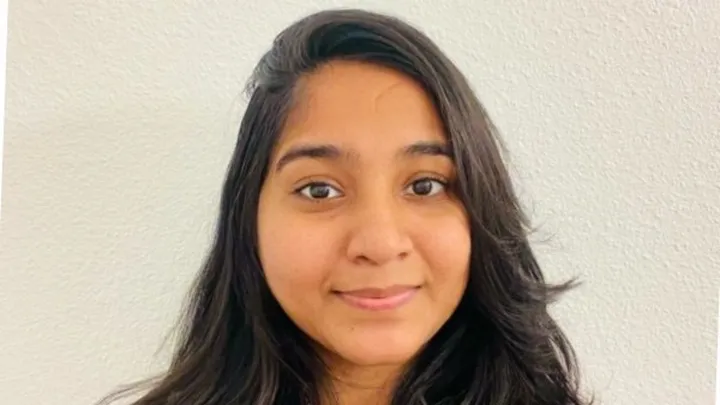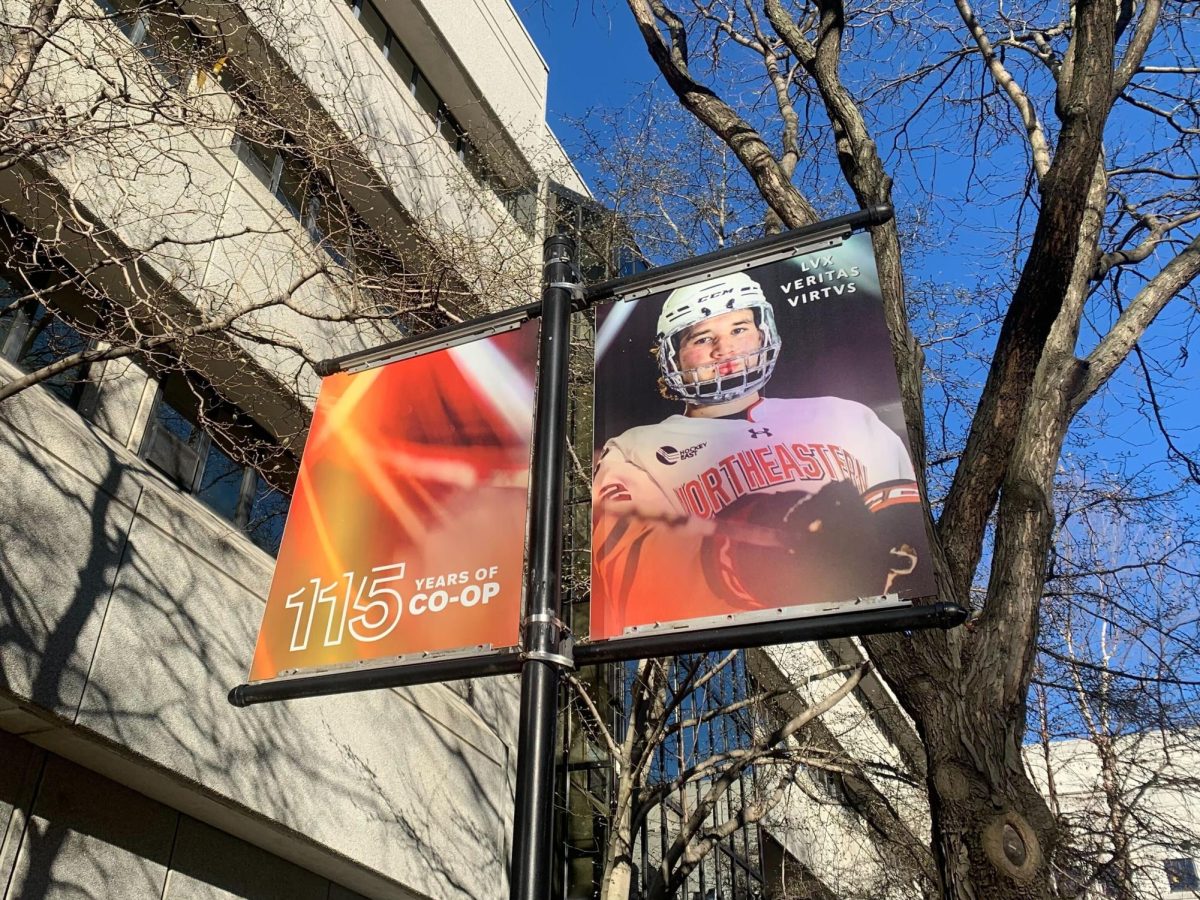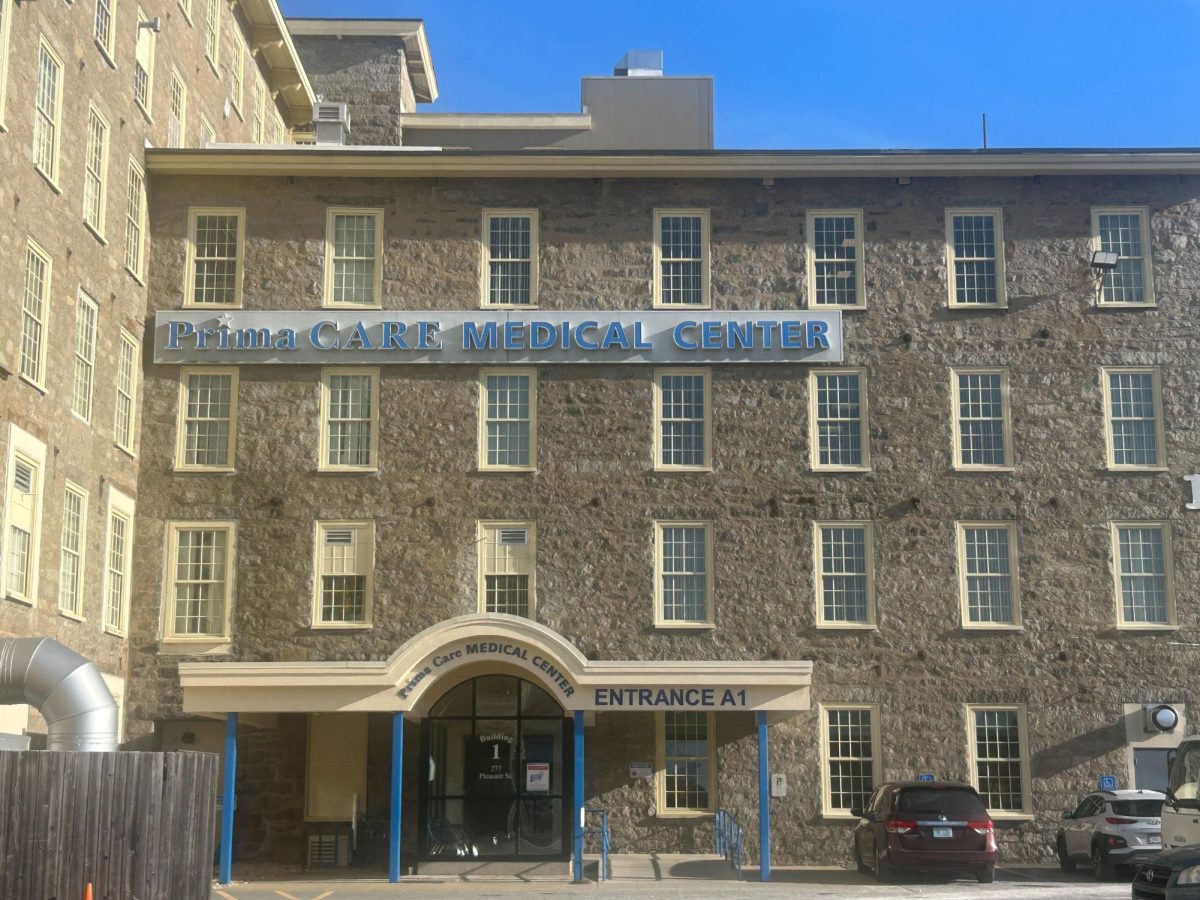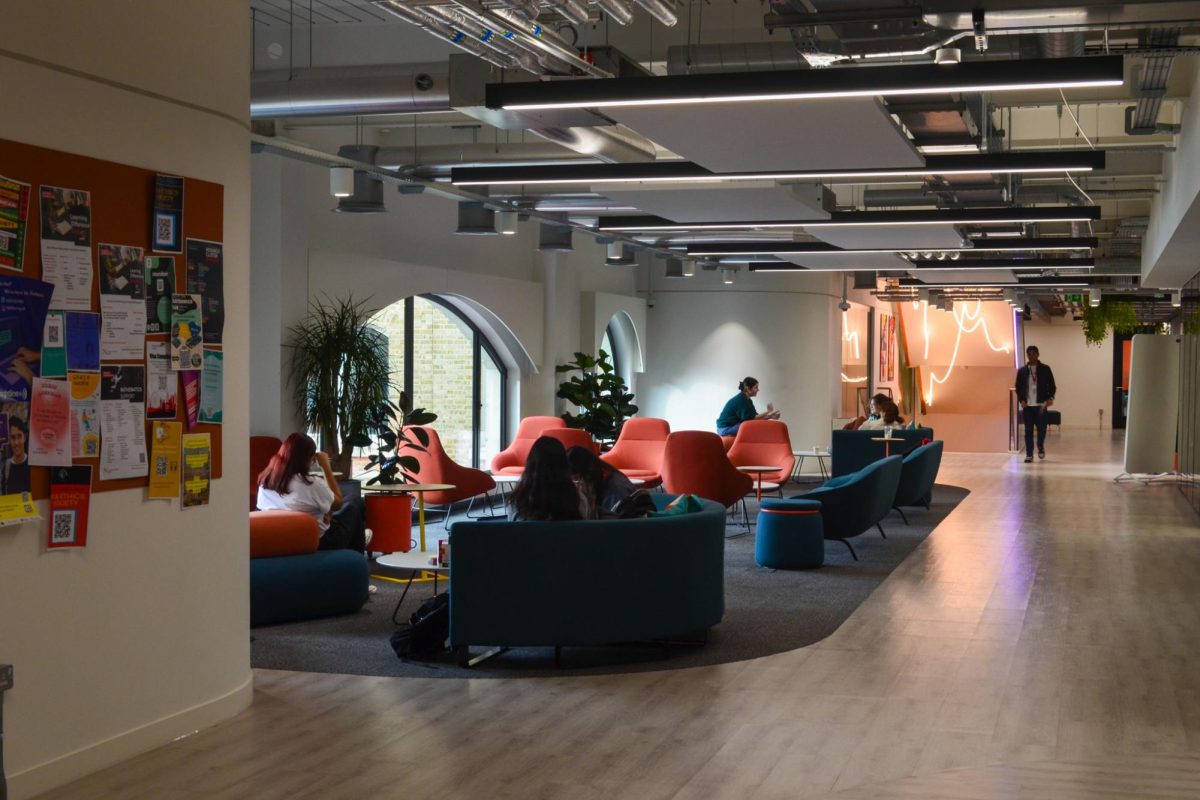By Rebecca Sirull, news correspondent
The Common App is the most widely used college application, accepted by more than 500 institutions and submitted by more than 500,000 students every year, according to a 2013 Daily Beast report. But in 2016, a coalition of 90 colleges and universities, including Northeastern, formed to create an alternative, which will be available to use starting this fall.
The cohort of schools – called the Coalition for Access, Affordability and Success – offers a new form of application that is free of charge and presents the opportunity to access additional resources and virtual platforms intended to create a more collaborative and holistic application process, according the coalition’s website.
“As the coalition and the opportunities expanded, it very much aligns with Northeastern’s commitment to diversity and inclusion, as well as our commitment to serving and partnering with the City of Boston and the Boston Public Schools,” said Ronne Patrick Turner, Northeastern’s dean of admissions.
The idea for a new application system originated when the Common App website experienced severe glitches in 2013, causing 46 schools to push back their early application deadlines, according to The Daily Beast. However, the original plan to simply create a new platform grew to include a completely new user experience.
“You can solve a problem, but there’s also so much potential impact when you gather a number of folks together in that kind of setting, and that’s where the scope really has expanded,” said Elizabeth Cheron, director of Northeastern’s admissions office.
The Coalition’s platform also includes a “Virtual Locker” where students can store materials from throughout their high school careers, providing easy access to anecdotes, teacher connections and previous work that they can draw upon when putting together their application.
There is also a “Collaboration Platform” where students can receive support from counselors, parents, teachers or any other mentor figures. These resources can be particularly helpful for low-income, high-achieving students, of whom only 8 percent apply to colleges that match their academic abilities, simply because they are unaware of the opportunities for them to attend top schools, according to the Coalition website.
While the new initiative aims to change the way students think about the college application process, Dr. Sarah Jackson, an assistant professor in the department of communication Studies, said this application actually signifies a return to Northeastern’s original values.
“Part of the origin of the co-op was to be accessible to the Boston Public Schools and Boston’s working class,” Jackson said. “This would really be a return to the mission of the university and it should be a mission in general to include the surrounding community.”
Both Jackson and Turner said they agree that diversity is an integral part of providing a well-rounded educational culture, encouraging challenging and nuanced conversations.
“It’s very much our responsibility to have a student body that is diverse, that has different perspectives and backgrounds, so students can learn from each other,” Turner said.
Photo by Alesia Garret


